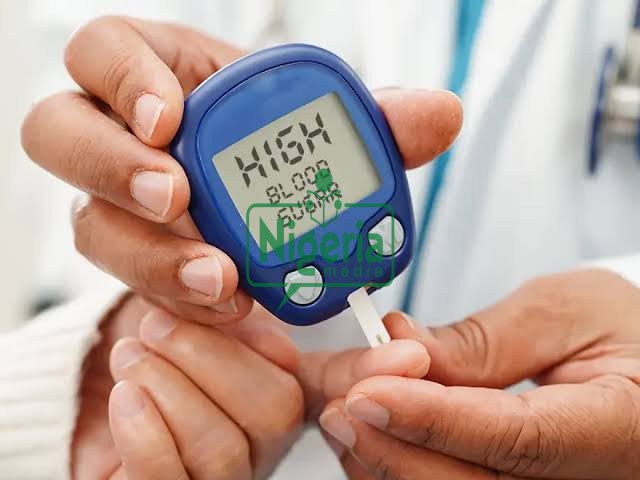
1. Frequent Urination
2. Excessive Thirst
3. Increased Hunger
Despite eating well, your body may not be getting enough energy from the glucose in your blood, leading to constant hunger.
4. Fatigue
When sugar isn’t entering your cells properly, your body can’t use it for energy. This leads to extreme tiredness and lack of motivation.
5. Blurred Vision
High glucose levels can cause swelling in the lens of your eye, resulting in blurry or distorted vision.
6. Slow Healing of Cuts and Wounds
Excess sugar can impair circulation and weaken the immune system, making wounds take longer to heal.
7. Unexplained Weight Loss
8. Tingling or Numbness in Hands and Feet
This is a sign of nerve damage due to prolonged high blood sugar, also known as diabetic neuropathy.
9. Frequent Infections
If you notice any of these symptoms, it’s important to seek medical advice immediately. Early diagnosis and proper management can prevent serious complications and help you lead a healthy life.…READ FULL ARTICLE [HERE]>>
